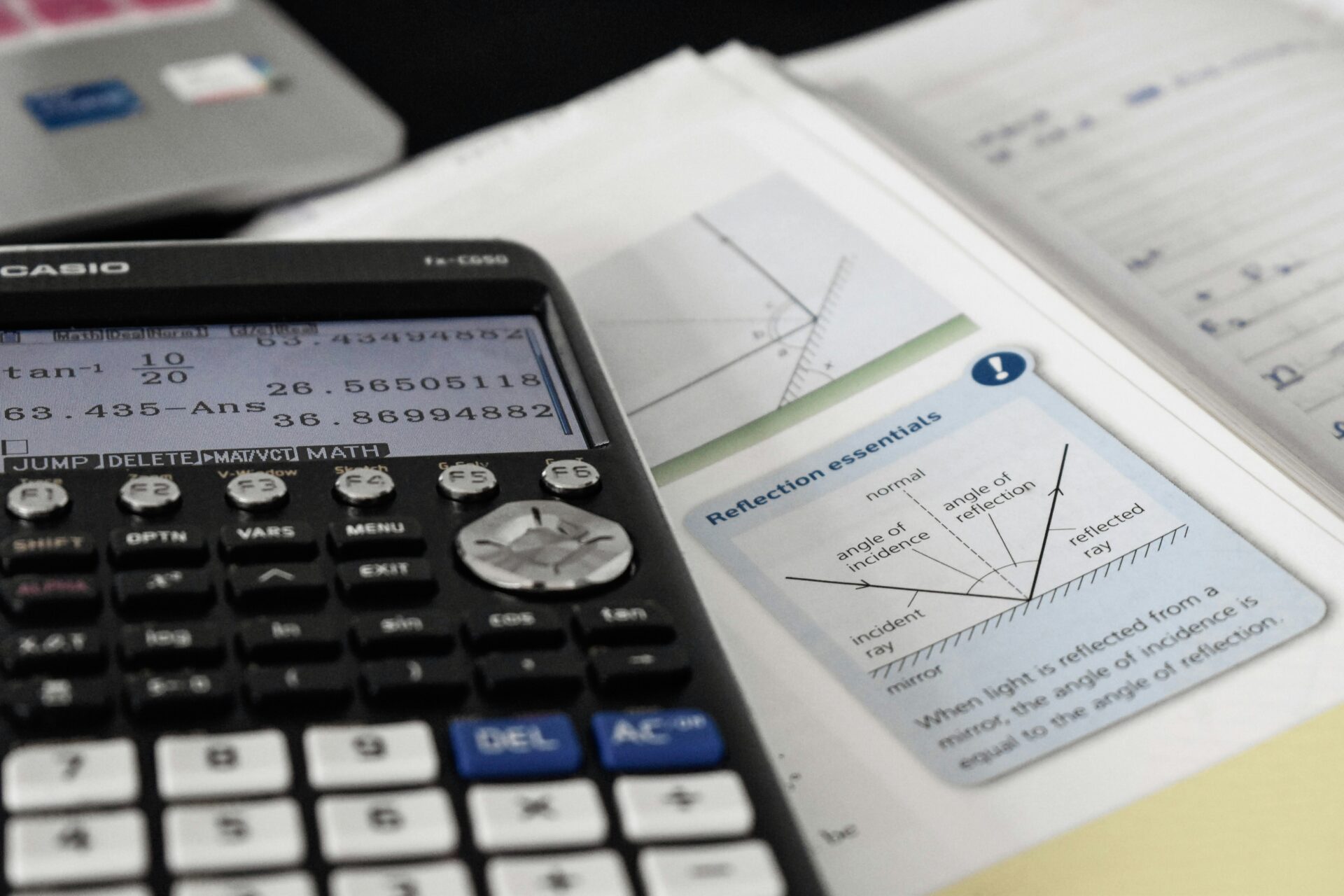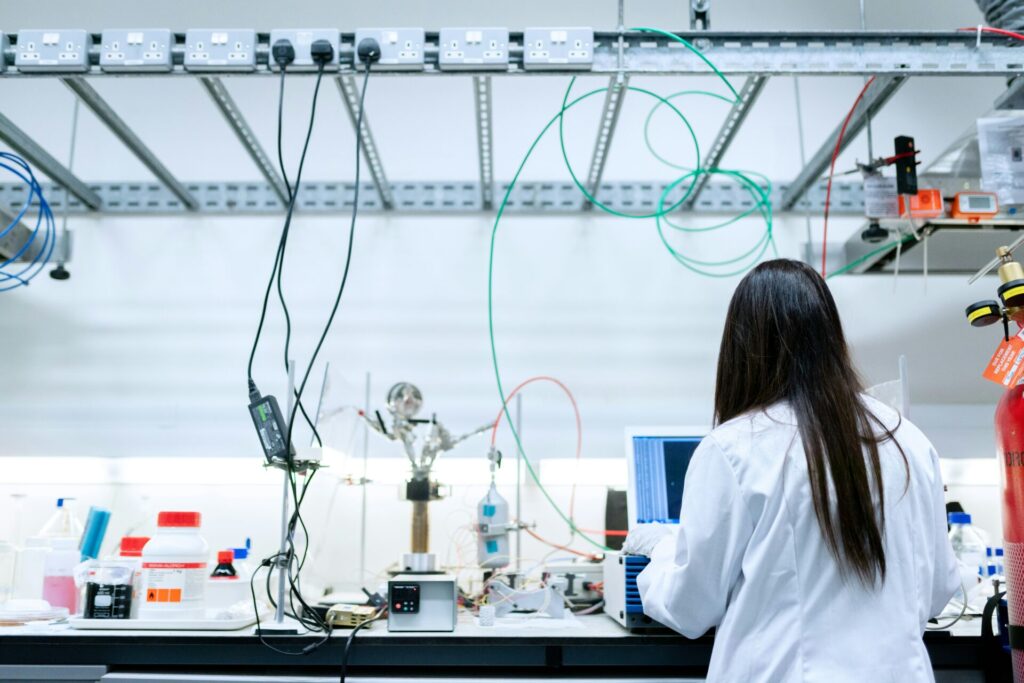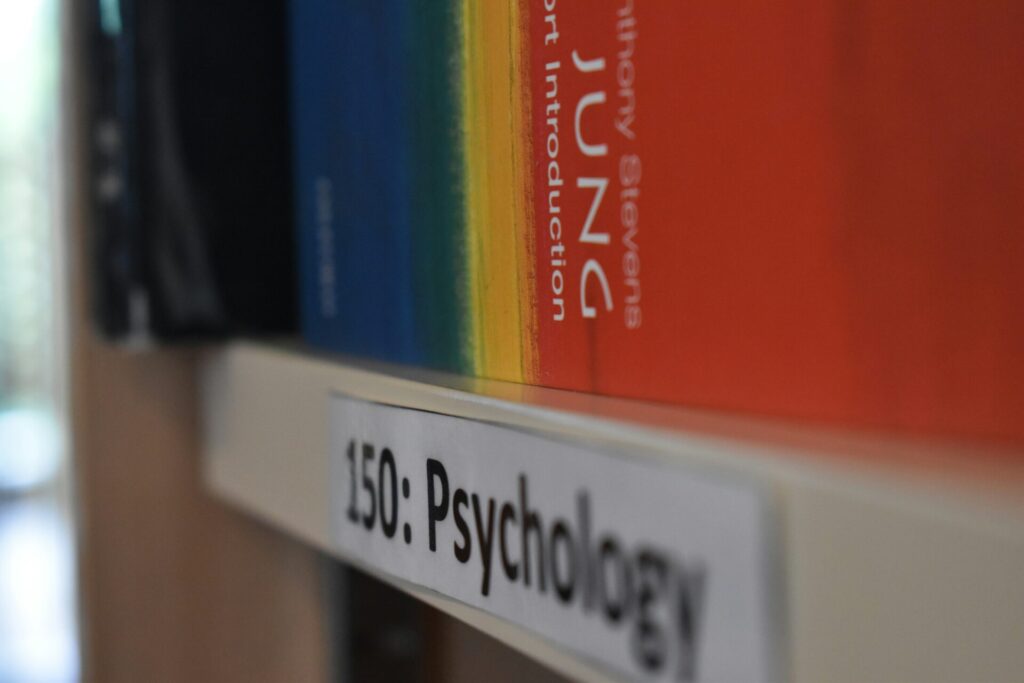What’s Covered in the Latest IB Physics Curriculum?
If you’re starting IB Physics from 2025 onward, you’re studying a brand-new course. The IB Physics syllabus has been redesigned to help you understand how everything in physics connects, rather than learning isolated topics. Instead of splitting the subject into separate units, everything now fits into five big themes:
- Space, time, and motion
- The particulate nature of matter
- Wave behaviour
- Fields (like magnetic and electric fields)
- Nuclear and quantum physics
These themes are designed to show how ideas in physics relate to each other and to the real world. For example, learning about motion links naturally to forces, energy, and fields. Instead of cramming random facts, you’re encouraged to build a deeper understanding of how physical principles fit together.
The new course also connects theory to current events and real-world problems—whether it’s the physics of climate change, how GPS systems work, or how quantum tech is changing computing. You’ll be asked to think beyond the textbook, apply what you’ve learned, and understand physics as it actually works in the world today.
What Skills Do You Need to Succeed in IB Physics?
To do well in IB Physics, it’s not just about memorising formulas—you’ll need to use a whole range of skills throughout the IB Physics syllabus. Some are scientific, some are mathematical, and others are about how you think and work.
1. Experimental Skills
You’ll be doing a lot of hands-on work, whether in labs or simulations. That means learning how to design experiments, use equipment accurately, take measurements like time, mass or current, and analyse your results. It’s not just about following instructions—you’ll need to figure things out for yourself, think critically about what the data shows, and spot any errors or uncertainties.
2. Confidence with Maths
Physics and maths go hand-in-hand. You should be comfortable working with equations, rearranging formulas, drawing and interpreting graphs, and handling topics like vectors, trigonometry, logarithms, and data analysis. You’ll also need to calculate uncertainties and understand what the numbers actually mean in context. If your maths skills are shaky, now’s the time to practise.
3. Using Technology
Digital tools are a big part of science now, and IB Physics reflects that. You might use simulations to model systems, collect digital data, or analyse results using software. Being able to use these tools efficiently will help you make better conclusions and explore experiments in more depth.
4. Thinking Like a Scientist
One of the most important skills is how you think. You’ll be expected to design investigations, analyse trends, challenge assumptions, and evaluate the quality of your findings. It’s about being curious and asking “why?” and “what if?”—not just doing what’s expected.
5. Keeping Up and Staying Curious
Success in IB Physics also comes down to consistent effort. This isn’t a course you can cram for at the last minute. Regular revision, tackling problems actively, and staying curious about how the world works will make everything easier and more rewarding.
How Does the IB Physics Exam Actually Work?
The exam structure might look complicated at first, but once you break it down, it makes a lot of sense. You’ll be assessed through a mix of written papers and coursework, with both your understanding and your scientific skills being tested.
External Assessments (Written Exams)
These are the formal exams you sit at the end of the course. They’re split into three papers:
Paper 1 – Multiple Choice
You’ll answer multiple-choice questions on all the core content. There’s also a section with data-based questions that test your ability to read and interpret scientific data. It’s 45 minutes long for SL students, and the same format applies at HL with slightly harder content. This paper makes up 20% of your final grade.
Paper 2 – Short and Long Answer
This is where you show what you’ve learned through structured and extended response questions. You’ll need to explain concepts, solve problems, and apply your knowledge. It’s 1 hour 30 minutes for Standard Level (SL) and 2 hours 15 minutes for Higher Level (HL), and it counts for 36% of your final grade.
Paper 3 – Practical and Skills-Based Questions
This paper focuses on experimental skills and practical applications. You’ll be asked about data analysis, experimental design, and possibly connections between topics. It lasts 1 hour (SL) or 1 hour 15 minutes (HL) and contributes 24% of your final mark.
Internal Assessment (IA)
This is a piece of coursework you complete during the course. You’ll choose your own research question, plan and carry out an experiment, and write up your findings in a scientific report. This is your chance to show initiative and apply everything you’ve learned in a real investigation. Your school assesses it, and then it’s moderated externally. The IA makes up 20% of your final grade.
Grading
Like all IB subjects, Physics is marked on a scale from 1 to 7, with 7 being the highest. To earn the full IB Diploma, you’ll need at least 24 points across all your subjects, including meeting other requirements like the Extended Essay and Theory of Knowledge.
Join the Immerse Education 2025 Essay Competition
Follow the instructions to write and submit your best essay for a chance to be awarded a 100% scholarship.

How the New Themes Show Up in the Exams
One of the biggest changes to the course is how the five main themes are used. Instead of picking optional topics, now everyone studies the same integrated content—and the exam questions reflect that.
No More Optional Topics
Previously, students could choose optional topics. That’s no longer the case. The five big themes now weave in all essential content, so exams cover a wider, more integrated range of ideas. You’ll need to see how different areas of physics relate, rather than treating them like separate units.
Paper 1 – Integrated Data Skills
The multiple-choice section pulls questions from across all five themes. The data-based section in Paper 1 tests your experimental understanding—it might show you a graph or a set of measurements and ask you to make sense of it. Often, the question will connect ideas from more than one theme.
Paper 2 – Linking Concepts Together
Questions here often expect you to link concepts across different areas. You might be asked about waves in a quantum context, or how fields relate to motion. You’ll need to draw on knowledge from multiple parts of the course to explain or solve problems.
Paper 3 – Practical Focus
This paper leans into the experimental side of things. You could be asked how to set up a lab, interpret an experiment, or explain sources of error. It reflects the skills you’re using in your internal assessment.
Real-World Scenarios
All the exam papers now include questions that relate physics to real situations—like technologies, environmental issues, or even news events. You’ll need to apply physics ideas to unfamiliar situations, rather than simply reciting what you’ve learned. This means understanding the concepts deeply and flexibly.
Final Thoughts on Mastering IB Physics
IB Physics isn’t just a tough course—it’s one of the most rewarding ones too. It teaches you how to think logically, analyse problems, and understand how the universe works. But success doesn’t come from last-minute revision or passive reading.
Start by building a solid foundation of the core concepts. Use visuals, summaries, and practice problems to make connections across themes. Don’t memorise—try to really understand why formulas work or what experiments show.
Make the most of past papers and mark schemes—they’re some of the best tools to see how questions are asked and how marks are earned. And don’t underestimate your internal assessment: it’s a chance to show your independence, creativity, and critical thinking.
Even better, you can get hands-on experience in our Physics Summer School, or take the Physics Online Courses. For even more practical work, we offer the Physics Online Research Programme for pre-undergraduate students.
Most importantly, stay curious. Physics isn’t just for exams—it’s a way of seeing the world. Whether you’re heading into engineering, medicine, tech, or something completely different, the skills you build in this course will be a huge asset. And with this new curriculum, the aim is clear: to help you become not just a student of physics, but a thinker, problem-solver, and explorer of the universe.


























